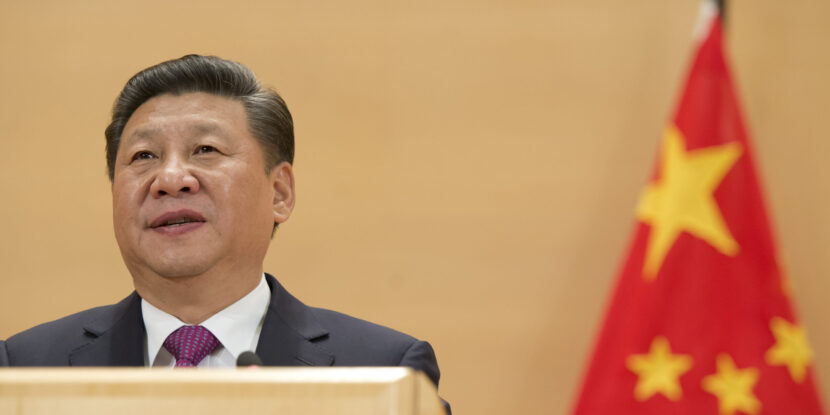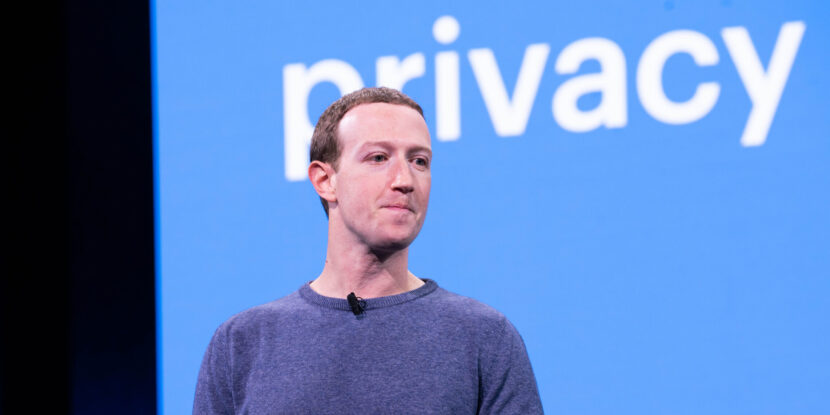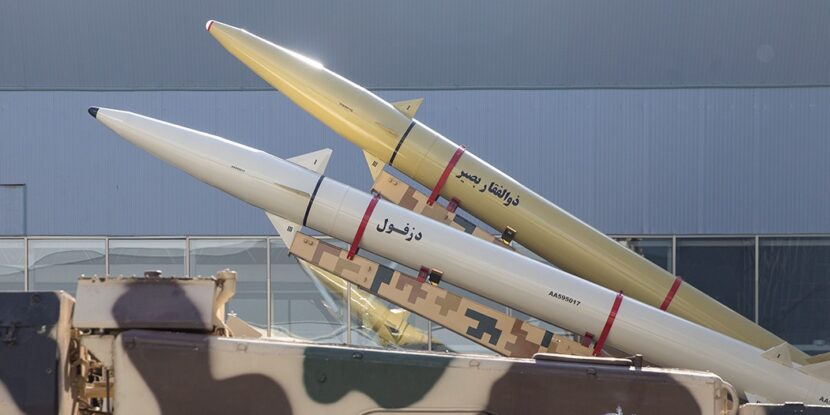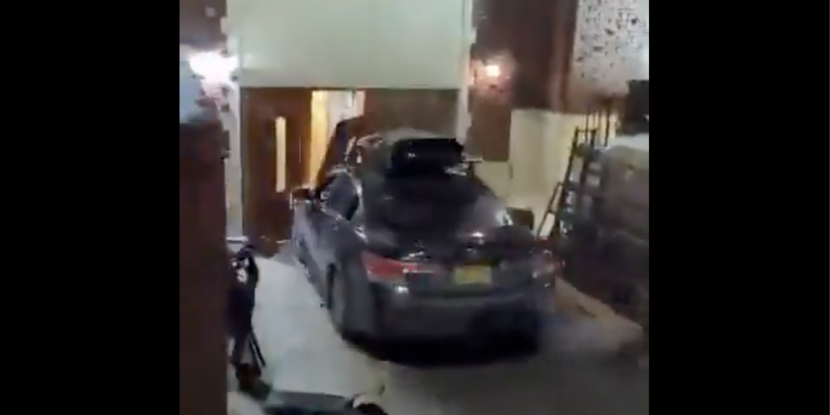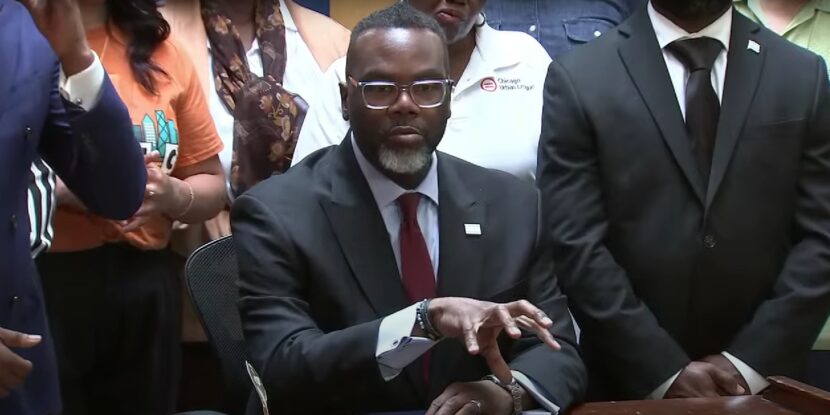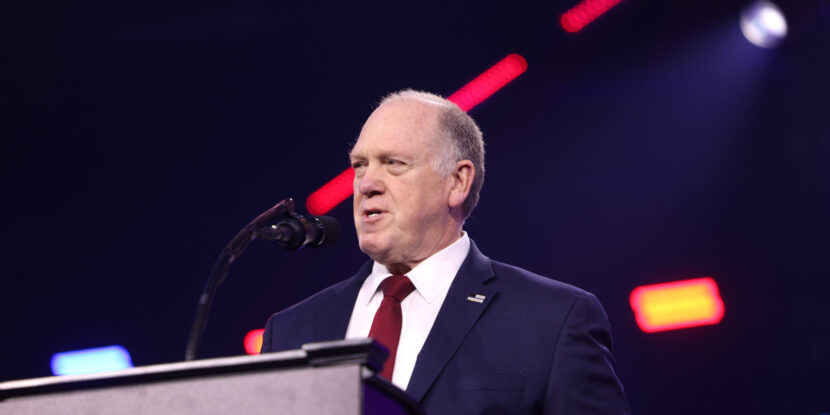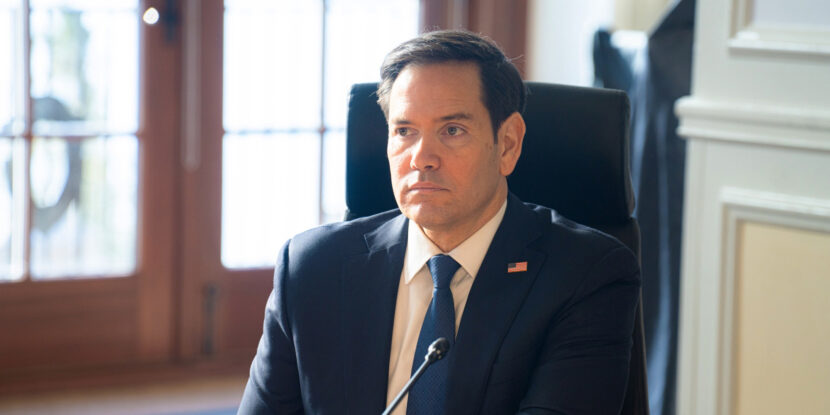PULSE POINTS:
❓What Happened: The Chinese Communist Party (CCP) is being urged to relax its export restrictions on rare earth materials, which are essential for various industries. Implemented in response to U.S. President Donald J. Trump’s imposition of tariffs on China, the controls have disrupted production in the U.S. and Europe.
👥 Who’s Involved: Chinese Commerce Minister Wang Wentao, U.S. officials, European Union (EU) Trade Commissioner Maros Sefcovic, European Association of Automotive Suppliers (CLEPA).
📍 Where & When: Discussions took place on the sidelines of the Organisation for Economic Co-operation and Development (OECD) conference in Paris on Tuesday. Restrictions were initially imposed by China in April.
💬 Key Quote: “I informed my Chinese counterpart about the alarming situation in the European car industry… rare earths and permanent magnets are absolutely essential for industrial production,” said Maros Sefcovic, the EU Trade Commissioner, underlining the impact of the CCP export restrictions across the West.
⚠️ Impact: Industries in the U.S. and Europe, including automotive and defense, face potential shutdowns due to rare earth shortages. Prices for restricted materials have skyrocketed, with some increasing four to ten times their previous cost.
IN FULL:
The Chinese Communist Party (CCP) has not lifted restrictions on rare earth minerals exports despite agreeing to do so during a tariff truce deal with President Donald J. Trump. U.S. officials are accusing Beijing of violating a trade agreement reached in Geneva, Switzerland. U.S. manufacturers have reported significant delays in securing rare earth shipments, with some suppliers demanding sensitive information, such as photos of end-user facilities, to complete applications. A U.S.-based rare earth trader noted that materials are now being sold at up to ten times their previous prices due to shortages.
The impact extends beyond the U.S., with the European Union (EU) urging China to ease export controls amid severe disruptions to industrial production across Europe. EU Trade Commissioner Maros Sefcovic raised the issue during a meeting with Chinese Commerce Minister Wang Wentao on the sidelines of the Organisation for Economic Co-operation and Development (OECD) conference in Paris. “I informed my Chinese counterpart about the alarming situation in the European car industry… rare earths and permanent magnets are absolutely essential for industrial production,” Sefcovic told reporters on Wednesday.
China, which processes 90 percent of the world’s rare earth materials, introduced stricter export licensing requirements earlier this year in response to tariff measures imposed by President Trump, covering seven types of rare earth minerals and several types of magnets. Since then, only about a quarter of the submitted export license applications have been approved, according to the European Association of Automotive Suppliers (CLEPA). The group warned that the restrictions are already causing production shutdowns in Europe’s supplier sectors.
Sefcovic proposed a streamlined, annual licensing system to reduce delays and alleviate the strain on industries. However, no immediate resolution was reached, with both sides planning to meet again to reconcile discrepancies in export data.
China’s foreign ministry defended the restrictions, stating they are “in line with common international practices” and not targeted at specific nations. Meanwhile, industries reliant on these materials continue to face mounting challenges as they scramble to secure alternative supplies.
